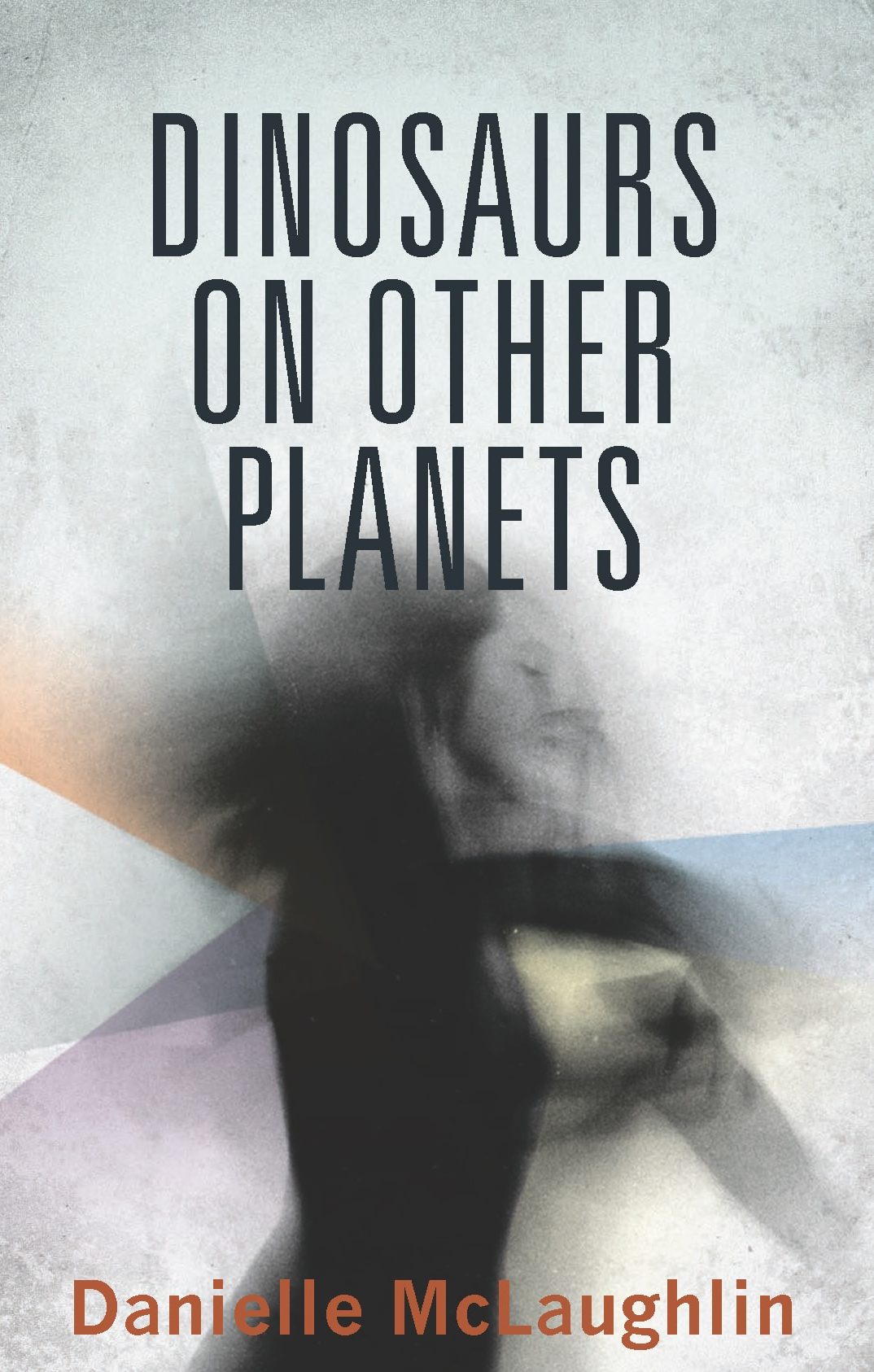
This is not a debut in the usual sense: a promise of greater things to come. There is no need to ask what Danielle McLaughlin will do next, she has done it already. This book has arrived. I think it will stay with us for a long time.
— Anne Enright
A woman battles bluebottles as she plots an ill-judged encounter with a stranger; a young husband commutes a treacherous route to his job in the city, fearful for the wife and small daughter he has left behind; a mother struggles to understand her nine-year-old son’s obsession with dead birds and the apocalypse. In Danielle McLaughlin’s stories, the world is both beautiful and alien. Men and women negotiate their surroundings as a tourist might navigate a distant country: watchfully, with a mixture of wonder and apprehension. Here are characters living lives in translation, ever at the mercy of distortions and misunderstandings, striving to make sense both of the spaces they inhabit and of the people they share them with.
Praise for Dinosaurs On Other Planets:
There is currently a thrilling, seemingly unstoppable tide of new Irish writing emerging through small literary magazines and presses, with authors such as Sara Baume, Colin Barrett and Mary Costello going on to achieve widespread critical success. Joining them this year will surely be Danielle McLaughlin, whose short stories are set in an Ireland both contemporary and disturbingly unfamiliar. Her near-faultless debut collection, originally published by Stinging Fly, deals primarily with psychological alienation, and the desolate upheaval of humans in crisis.
— Catherine Taylor, The Guardian
